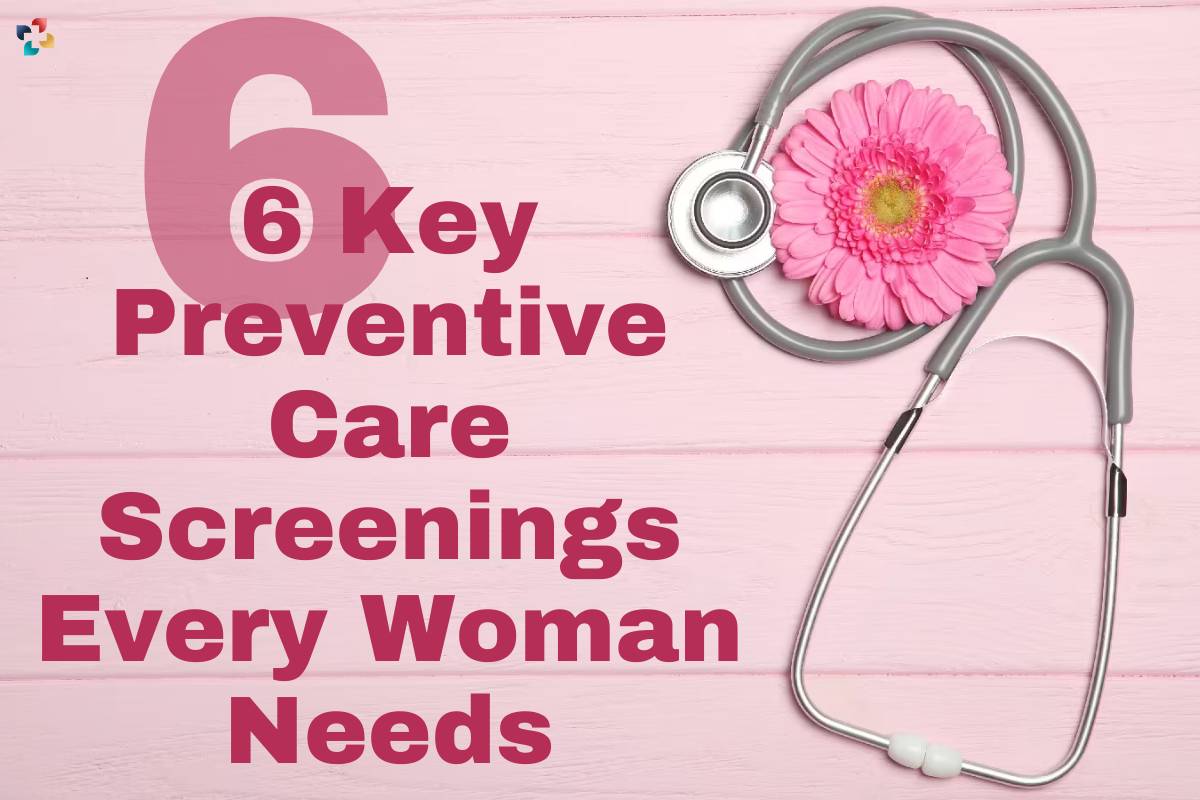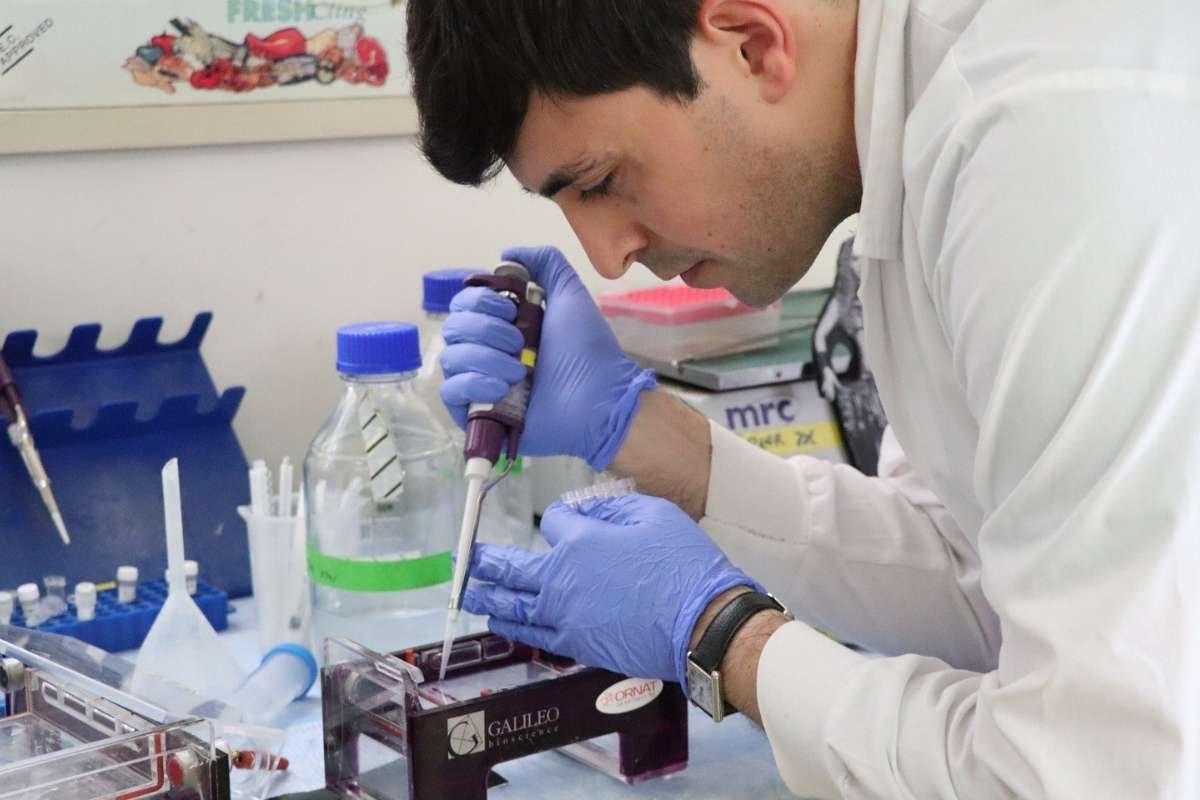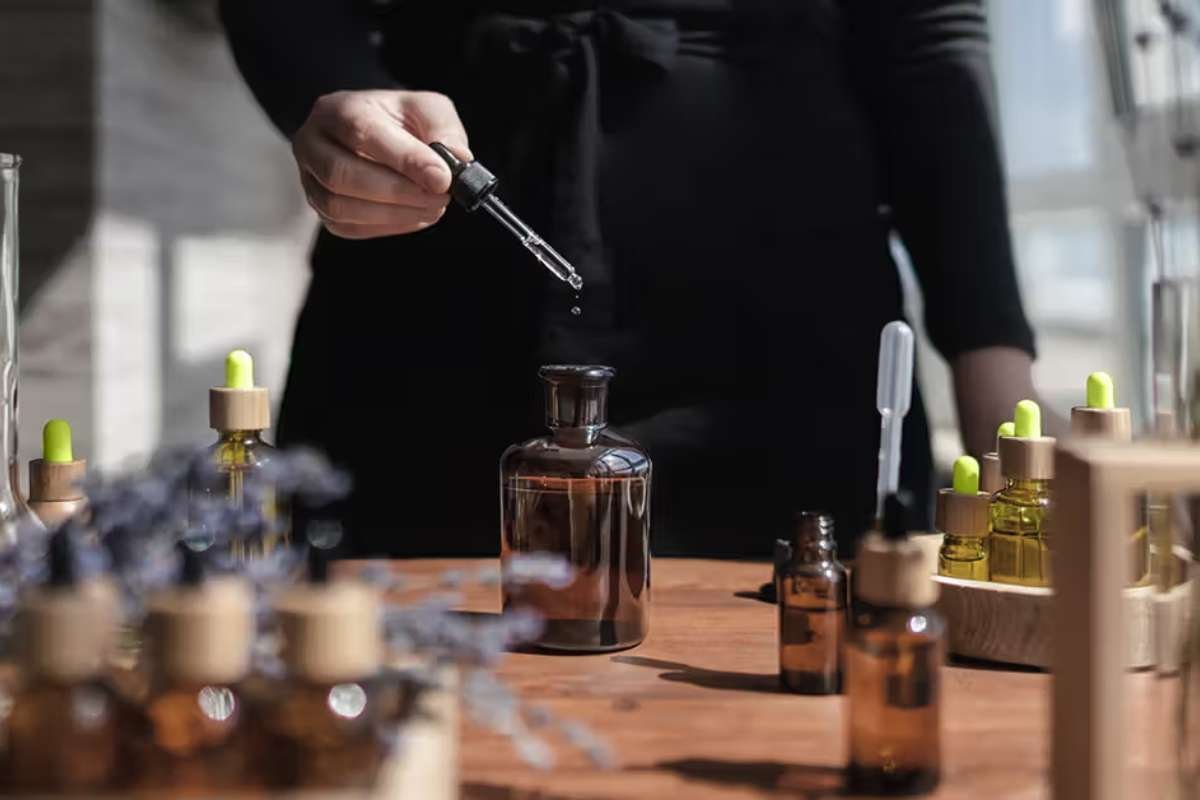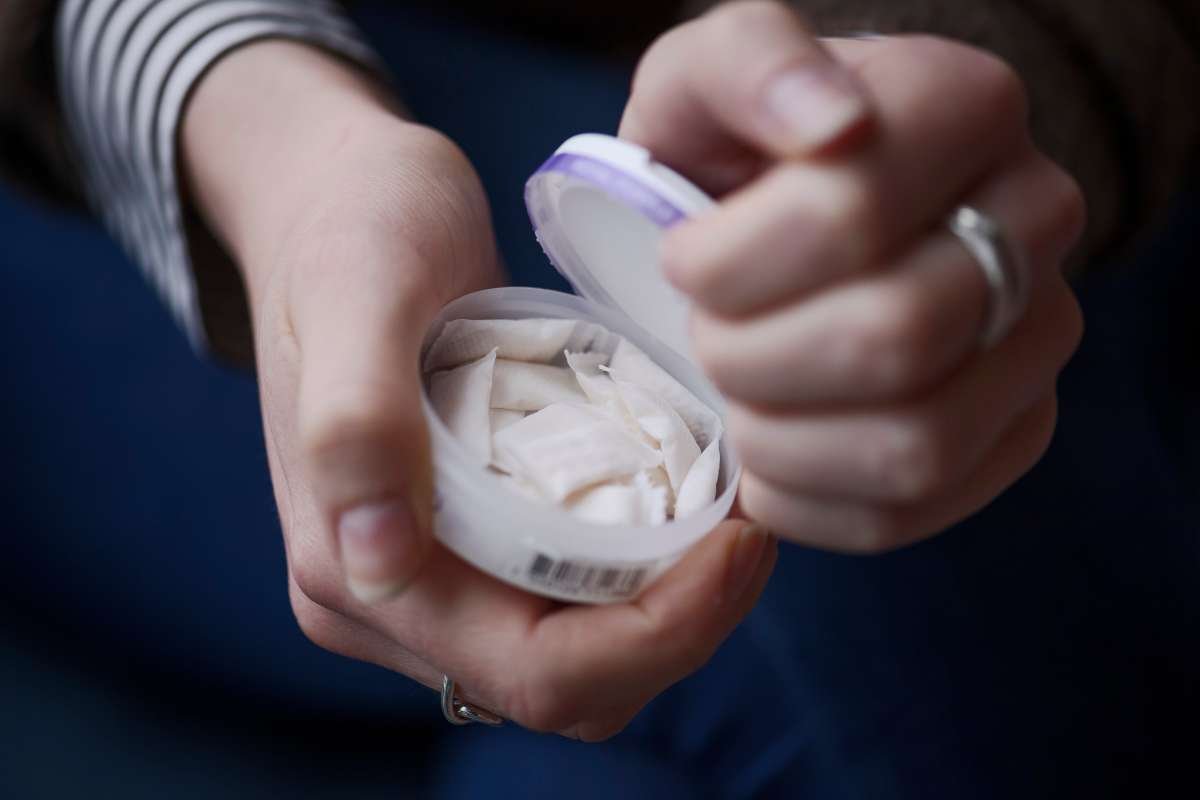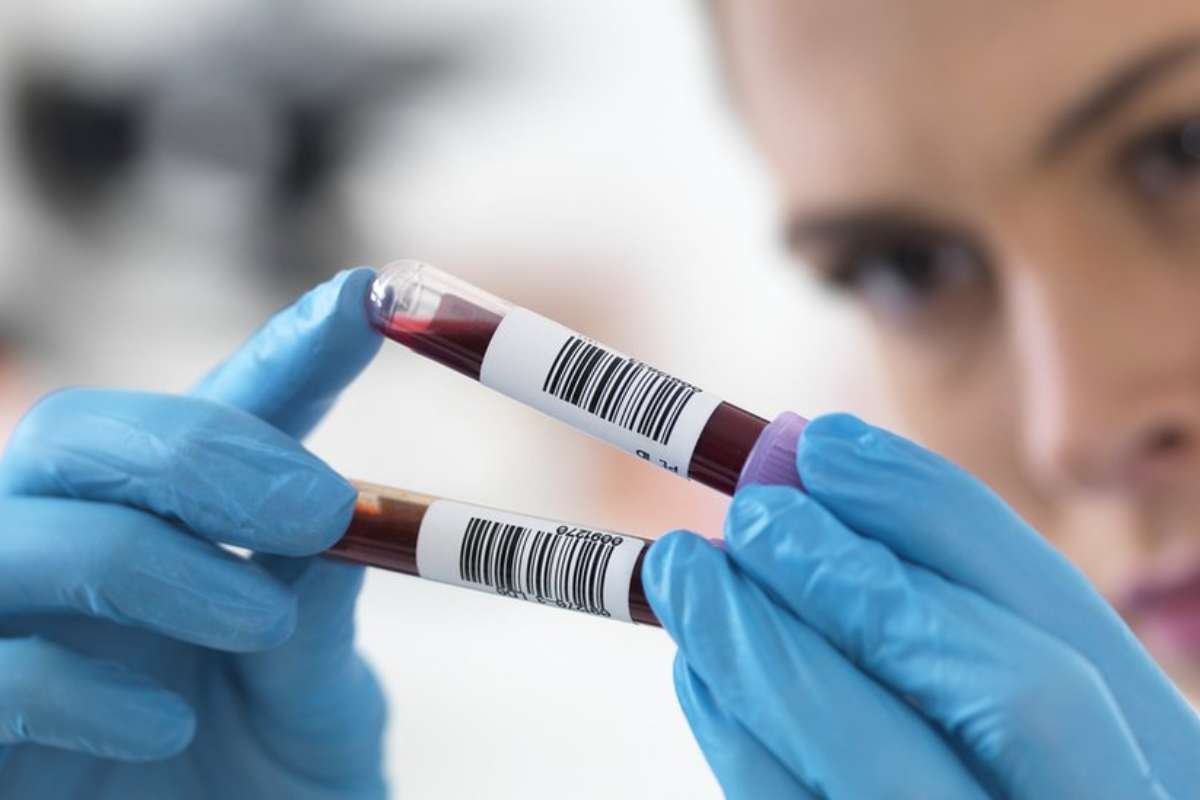Being a woman is the most beautiful thing in the world. You are a wife, a mother, a daughter-in-law, an aunt, and many more roles. From your teenage to your 20s, 30s, 40s, and as you grow your body needs preventive care screenings to be done. Your age plays an important role in various preventive care screenings that are needed to be done.
Misconceptions are some screenings are only for particular ages. It isn’t the case actually. Paying a visit to your healthcare provider once a year is a good practice to follow. If needed or advised so, preventive care screenings should be done. Keeping track of your health at all times will benefit you in the long run.
Here Are 6 Preventive Care Screenings Every Woman Needs to Follow:
1. Breast-cancer Screenings:
In preventive care screenings, breast cancer screenings are one of the most important ones. It is a leading cause of death in women if not detected early. For most women above 40 years of age, a mammography test isn’t recommended. But, preventive care screenings are a must when it is genetic. If any female member of your family has breast cancer it can be passed on to you via genetics. This can happen even at a younger age. Let your healthcare provider know about the genetic factor so he/she can keep that in mind while deciding on treatments.
2. Bone-density Screenings:
These are basically to check the functioning of the bones after 35 to 40 years of age. Preventive care screenings for bone density are done to confirm the onset of osteoporotic changes. The bone in the knee begins to rust very gradually causing pain in the knees continuously.
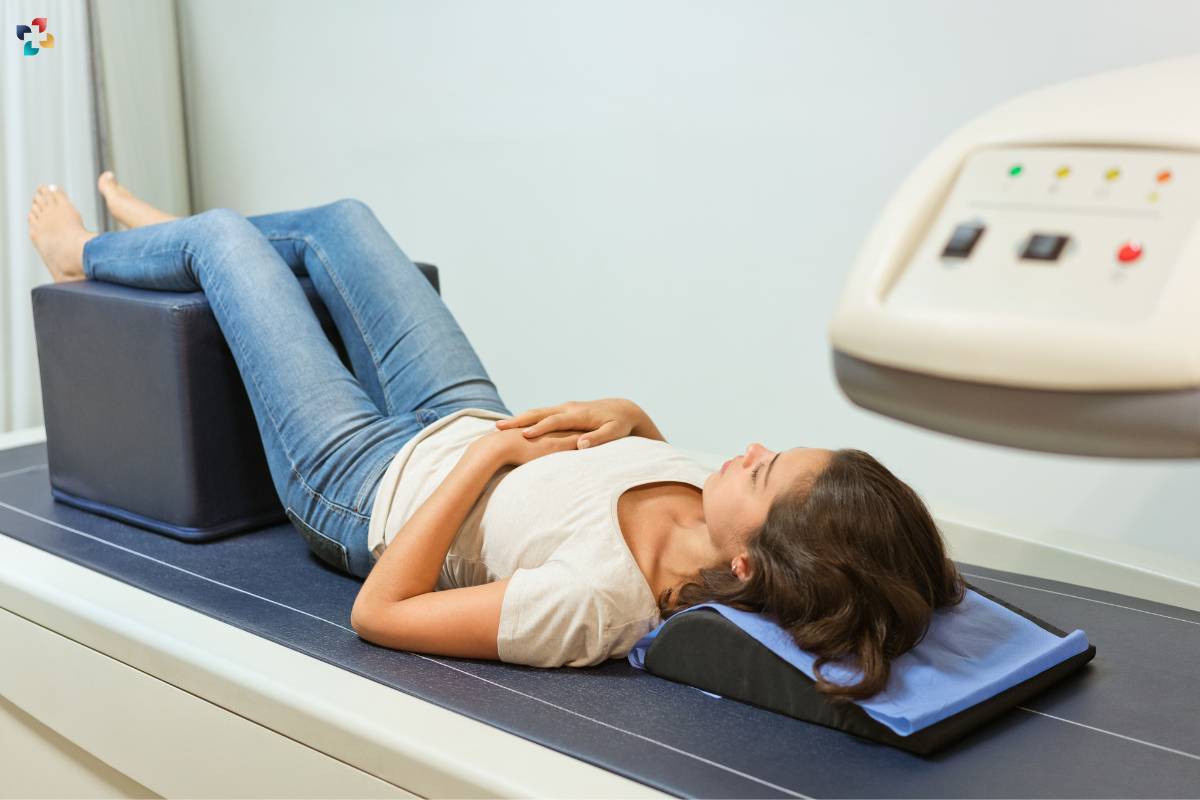
If in the preventive care screenings, you’re diagnosed with arthritic changes in the knee, your doctor will give you a particular treatment that is needed to be followed strictly. With arthritis, you’re at a higher risk of fractures. If you fall somewhere a fracture occurring is the most common thing to happen. So, preventive care screenings are important for women.
3. Cervical cancer Screenings:
As recommended by experts, cervical cancer screenings should start at 21 years of age. Females are prone to the risk of cervical cancer. In preventive care screenings, this is an important test to be done for females. At 21 years of age, a first pap test is expected in terms to be on the safe side. After that, it can be repeated after every 3 years.
This is important for those who have a heredity in their genes. It should not be taken lightly. Your healthcare provider will guide you better on the importance of these types of screenings.
4. Blood pressure Screenings:
This is the most common and at the same time most ignored screening. An annual check-up of the blood pressure and blood sugar levels is of extreme importance. These things are directly related to your heart functioning. Your heart function, blood circulation levels, and sugar levels present in the body should be in balance.

Higher blood pressure levels can cause hypertension. Higher sugar levels lead to of course diabetes. Normal blood pressure is in the range of 120 to 70 mm Hg. The upper and lower numbers can increase up to 10 mm Hg only. They are not allowed to increase more than that. Being in shape is also important. Your weight must be in accordance with your height and body type.
5. Cholesterol Screenings:
Cholesterol screenings should begin at the age of 20 years who have coronary heart disease. If there’s no disease, it can begin at 40 years of age. Height and weight are important aspects in women when it comes to cholesterol. Every 6 months or annually, a cholesterol screening in women is advised. It will help in taking preventive measures if needed.
A normal workout routine like a 15 to 30-minute brisk walk and some Zumba exercises in women can make them fit and healthy. If the cholesterol keeps on surging, it later affects the kidney and makes it more complicated than before.
6. Gonorrhea Screenings:

These are basically for testing any sexually transmitted diseases found in the woman (STDs). Women often do not show any symptoms but these infections can cause inflammation in the pelvic area and make the woman infertile. The chances of these diseases are higher when you have more than one sexual partner, a new sexual partner every time, or if you have sexual intercourse with someone who has these diseases. These screenings are extremely important to be safe and secure from the consequences. Practice safe sex in order to be away from these diseases.
Benefits of Preventive Care Screenings:
1. Reduces health risks:
These screenings allow us to reduce the health risk as early diagnosis takes place. We can take immediate action in order to get rid of the approaching health condition.
2. Saves over-spending:
As the problem is diagnosed well in advance, corrective action is started immediately. So, the expenses which would’ve been after a late diagnosis is avoided. Hard-earned money is saved.
3. Saves life:
Last but not least, early diagnosis saves life. As the problem is known early, it is stopped from getting aggravated. It doesn’t increase inside the body anymore.
Conclusion:
A woman’s body is prone to a lot of changes as she ages. According to the right age, some important screenings are necessary in order to avoid any complications. As mentioned, the pap test can begin from age 21 and the bone density test can begin from age 40 and above. Also, a general annual body checkup is necessary in the case of women.
As they go through multiple hormonal changes each month, they need to take care of their body accordingly. A normal workout regime is an underrated fact that is needed to be followed. Keeping in shape at all times will lead to a healthy and fit life in the future.
Also Read: Parents: 8 Ways to Practice Self-Care When You Can Barely Spare a Minute

